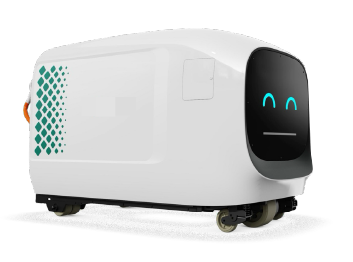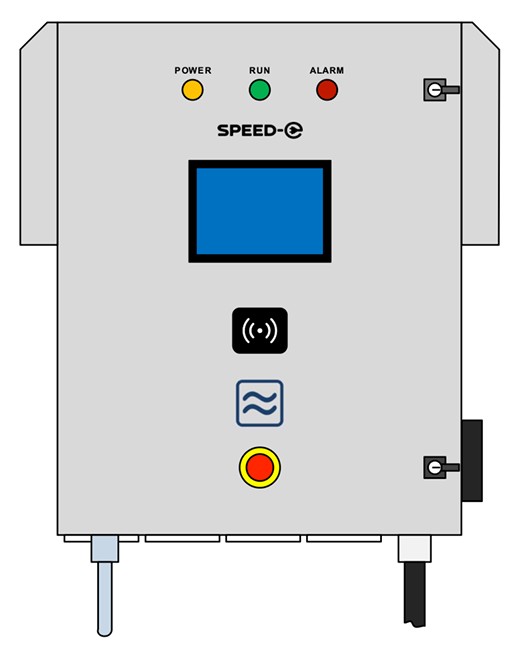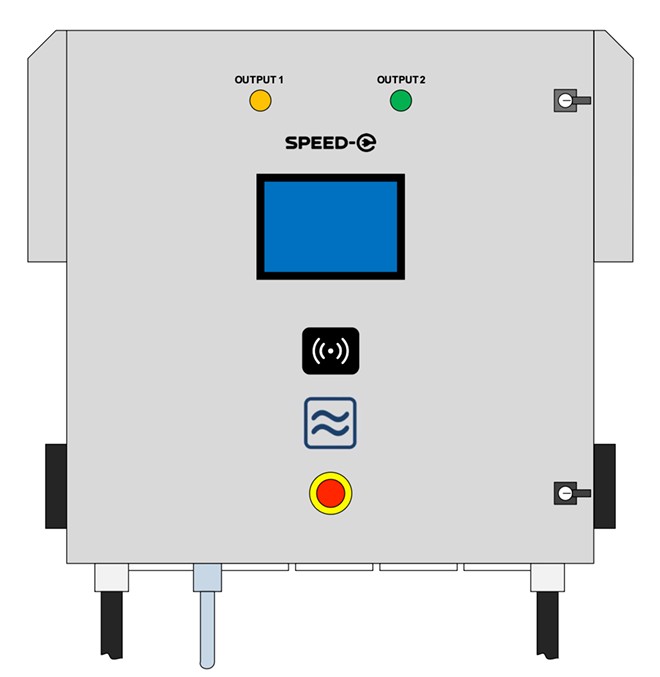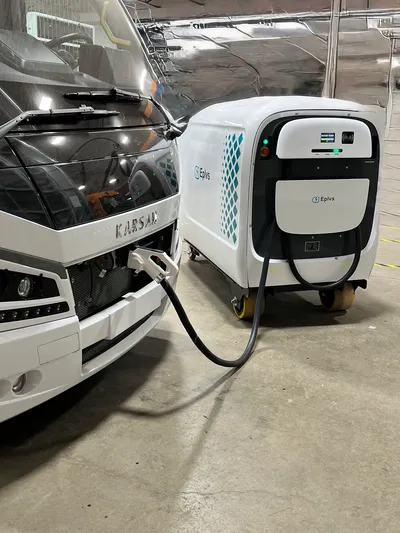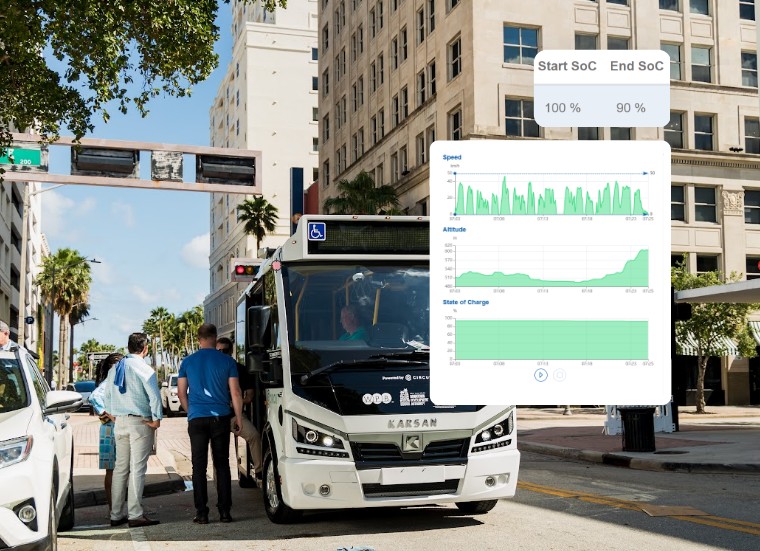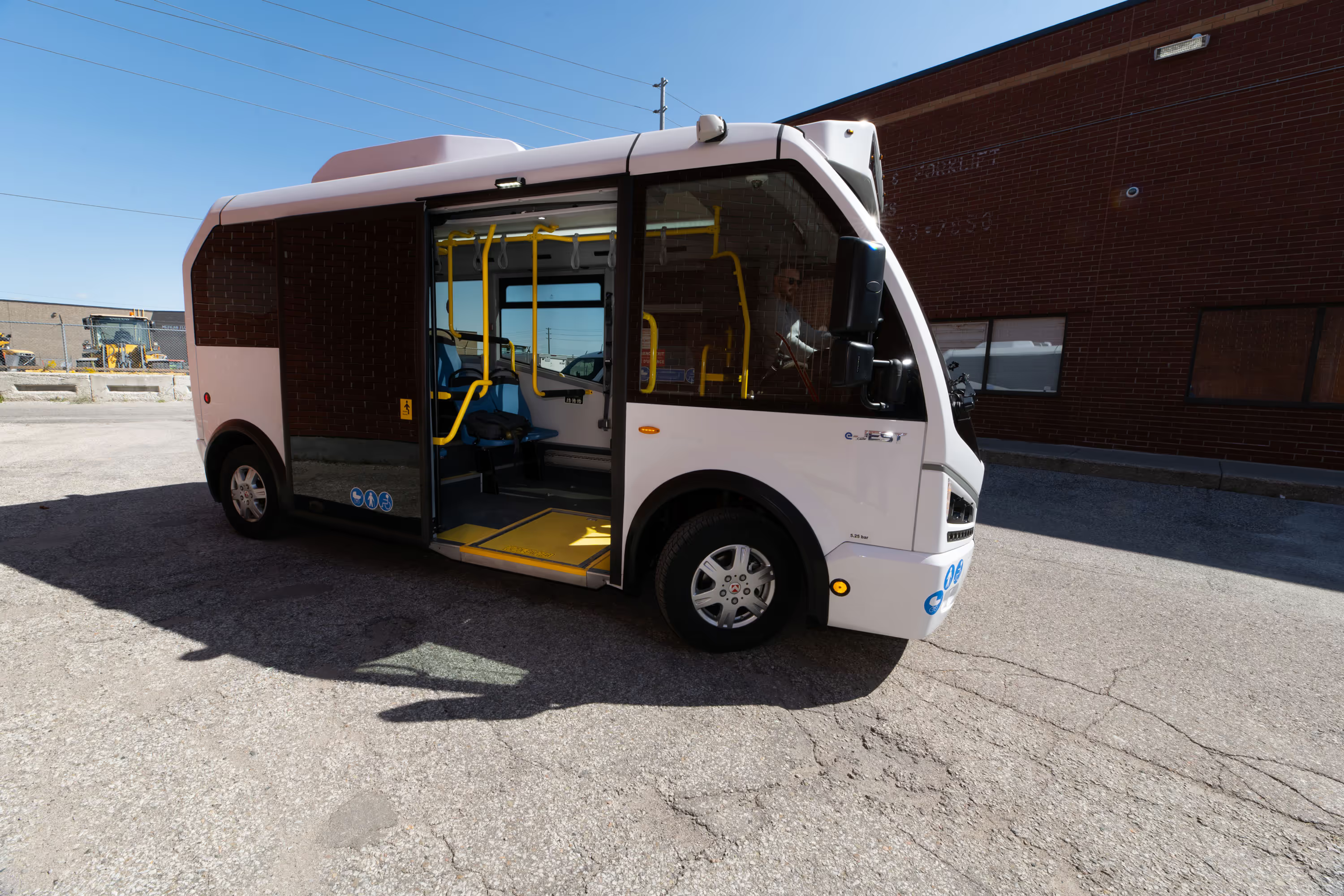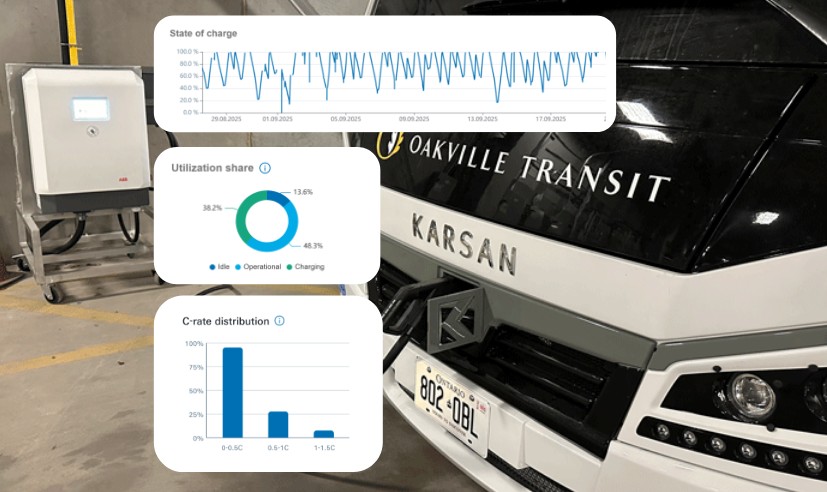
EV Buses
Our Full Bus Lineup

A quiet, efficient, fully accessible electric minibus. The eJEST delivers exceptional maneuverability, low operating costs, and smooth passenger experience.
Built on the proven eJEST platform and automated by ADASTEC, this Level-4 autonomous minibus brings reliable, safe, and fully accessible automated transit to real-world routes.
EV coaches
Our Full Bus Lineup

56 seats
lI-ION NMC, 560 kWH
250 miles / 72MPH
250 miles / 72MPH
TS45E presents a significant cost advantage,
particularly during long-distance journeys
particularly during long-distance journeys

56 seats
lI-ION NMC, 560 kWH
250 miles / 72MPH
250 miles / 72MPH
.svg.avif)
TS45E presents a significant cost advantage,
particularly during long-distance journeys
temsa ts45e
MOTORcoaches
Our Full Bus Lineup
Chargers

All Chargers
Explore all charging options on one page
Services
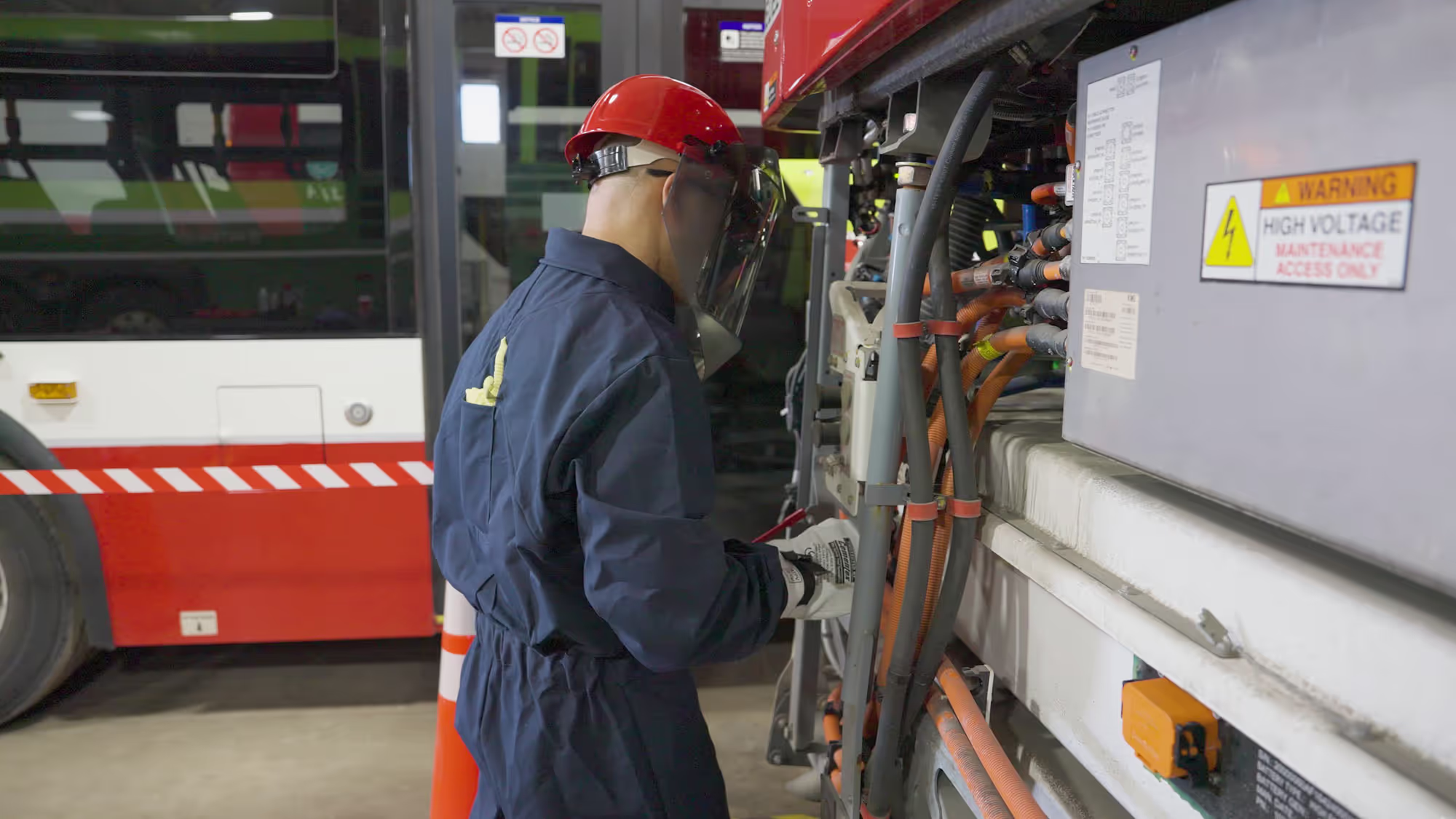
TUV Level 3
High Voltage Training
Work safely and effectively with high-voltage systems

Charger Installation
Contributes to the seamless integration of electric vehicles

Electrical Engineering
Get your skills in electrical engineering tailored to the transit industry
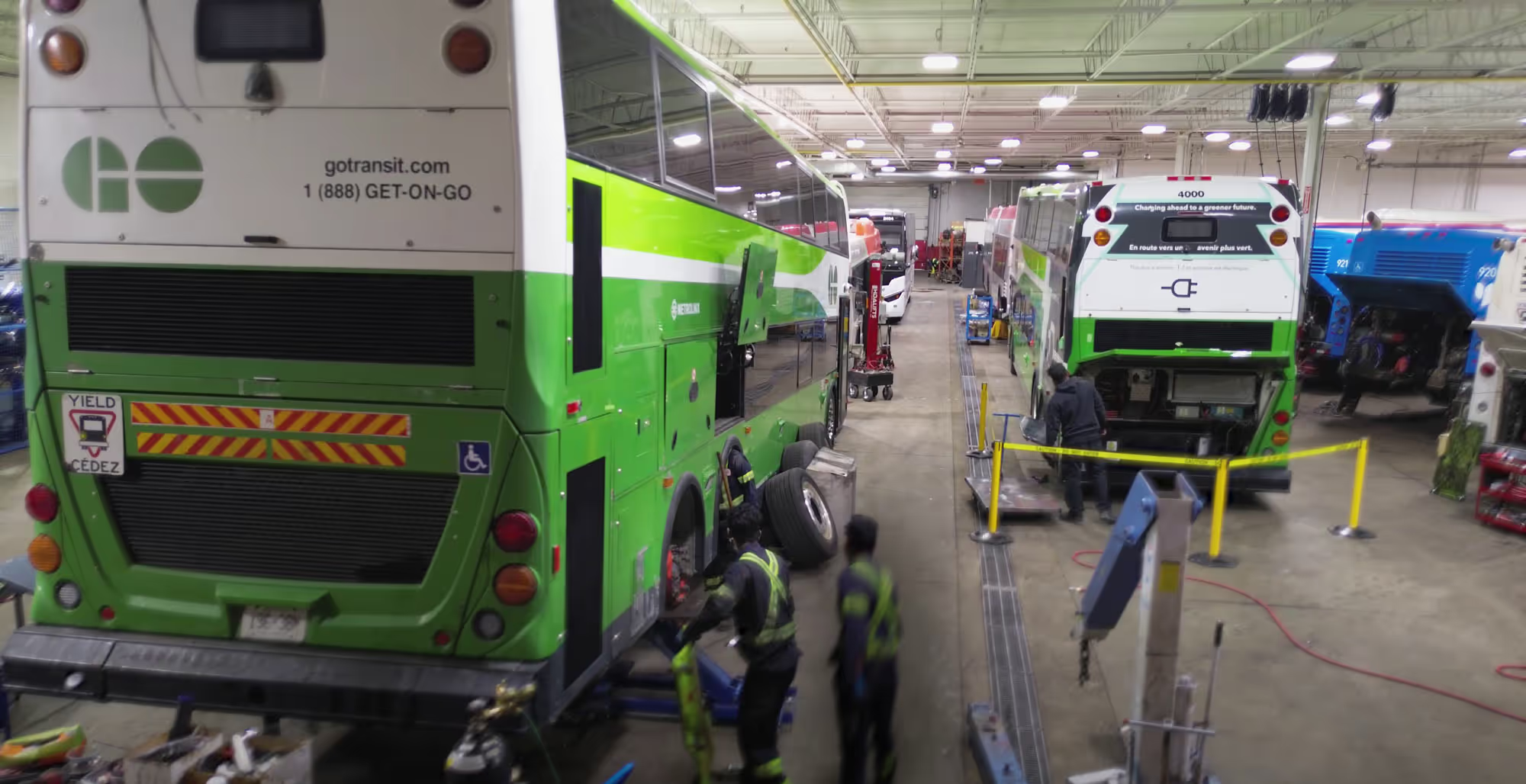
Bus Service (MBCT)
Comprehensive bus service ensuring reliable maintenance, repairs, and safety compliance.
MICROTRANSIT

Paratransit Buses
Learn more about our paratransit vehicles and how we’re improving mobility for people with disabilities and underserved riders.

Micromobility Buses
Discover how our buses support both paratransit needs and provide efficient service in low-ridership areas.

Minibuses for Campuses
Learn how modern electric minibuses create smoother, safer, and more convenient transportation for students and staff.

.svg)
- Our Full Bus Lineup
 EV BusesKarsan eJEST
EV BusesKarsan eJEST EV BusesKarsan eJEST Autonomous
EV BusesKarsan eJEST Autonomous EV AND DIESEL COACHESTEMSA
EV AND DIESEL COACHESTEMSA accessible transit vehiclesMICROTRANSIT SOLUTIONS
accessible transit vehiclesMICROTRANSIT SOLUTIONS- Siemens/Heliox Chargers
















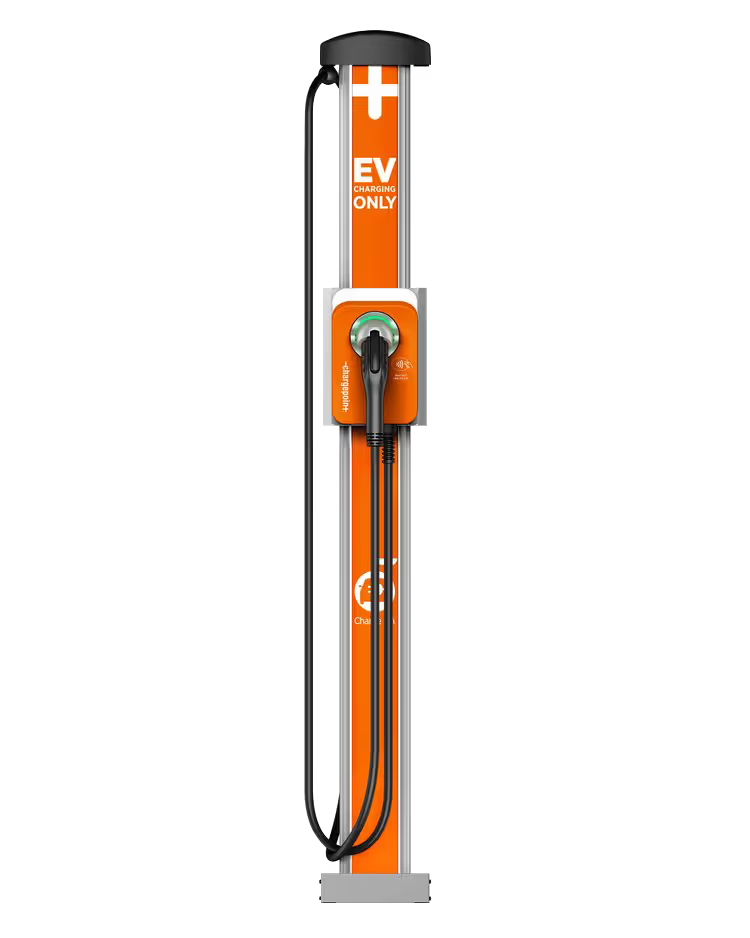





-p-500-p-500.avif)



